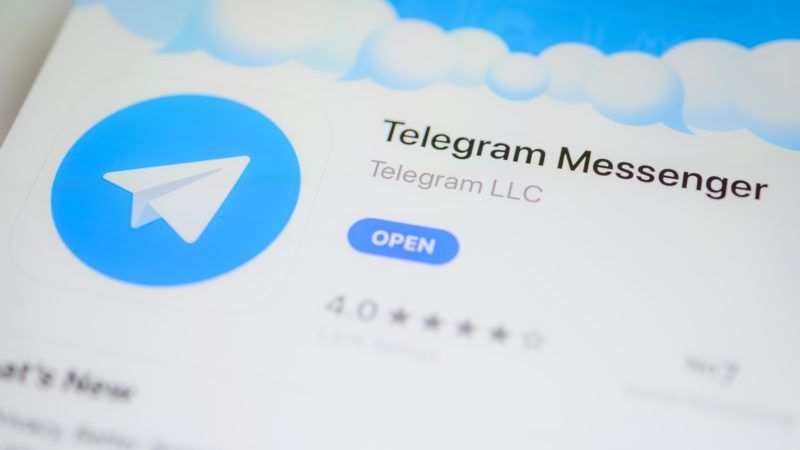Russia Lifts Ban on Telegram App
Two years of rule-flouting by elites and ordinary citizens show the unsustainability of top-down prohibition.

Russia's internet watchdog Roskomnadzor announced Thursday that it was finally lifting its two-year-old ban on the popular messaging app Telegram. The app's use of end-to-end encryption has made it a favorite among dissident groups of all stripes in authoritarian countries, and an optimal target for government censorship.
Roskomnadzor began blocking Telegram in April 2018, after the company refused to comply with a Russian court order to provide encryption keys to access user data. Telegram was found in violation of anti-terrorism laws, which demanded that messaging apps let the government bypass its privacy protections. The Russian government claimed that because encryption keys do not contain personal information, privacy is not at stake.
Now Roskomnadzor has reversed course, explaining that Telegram had agreed to take a sufficient stance against criminal activity on the messaging platform. Telegram did not grant the Russian government access to encryption keys, but it reached a deal with the authorities on how to tackle "extremist" material. According to Roskomnadzor, Telegram now removes around 1,300 pieces of terrorist content a week.
The government's ban on Telegram was ineffective: Russians could easily evade it by using a Virtual Private Network to change their IP addressed. It was also unpopular:: Thousands rallied in Moscow in support of the app. Even during the ban, it was a key tool used by anti-government protesters.
It was also, for that matter, widely used by official Russian institutions. The government's virus response center and Communications Ministry both relied on Telegram to distribute information. In 2019, a government spokesperson went so far as to claim the app was "not banned," noting that a network of over 150 universities uses the platform. A motion to end government censorship of the messaging service was filed by lawmakers on the grounds that Telegram was an "essential service."
Russia's two-year Telegram moratorium shows that prohibition can't hamper demand for a service. When even government institutions flout the rules, you know a ban isn't sustainable.
Editor's Note: As of February 29, 2024, commenting privileges on reason.com posts are limited to Reason Plus subscribers. Past commenters are grandfathered in for a temporary period. Subscribe here to preserve your ability to comment. Your Reason Plus subscription also gives you an ad-free version of reason.com, along with full access to the digital edition and archives of Reason magazine. We request that comments be civil and on-topic. We do not moderate or assume any responsibility for comments, which are owned by the readers who post them. Comments do not represent the views of reason.com or Reason Foundation. We reserve the right to delete any comment and ban commenters for any reason at any time. Comments may only be edited within 5 minutes of posting. Report abuses.
Please to post comments


More Russian influences.
IOW Russia broke the code.
I quit working at shoprite and now I make $65-85 per/h. How? I'm working online! My work didn't exactly make me happy so I decided to take a chance on something new…LSd after 4 years it was so hard to quit my day job but now I couldn't be happier.
Here’s what I do….............new Income Opportunities
Telegram did not grant the Russian government access to encryption keys, but it reached a deal with the authorities on how to tackle "extremist" material. grand rapids electrician
Very thanks for this useful information about banning the app.
Read my latest blog post about Sound Effect Apps.